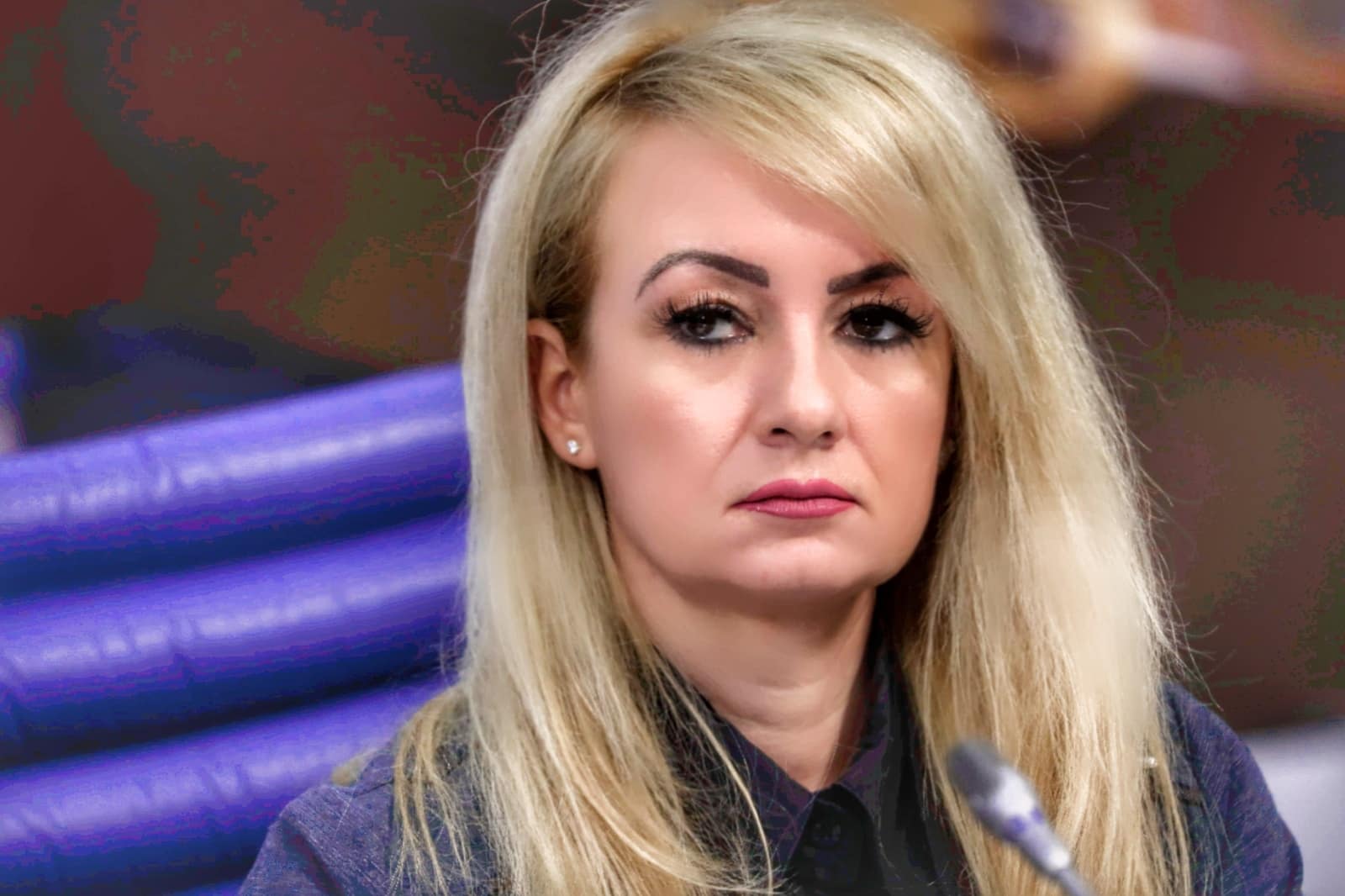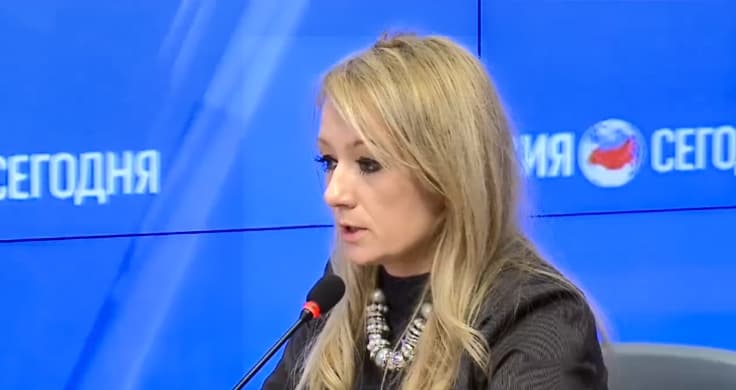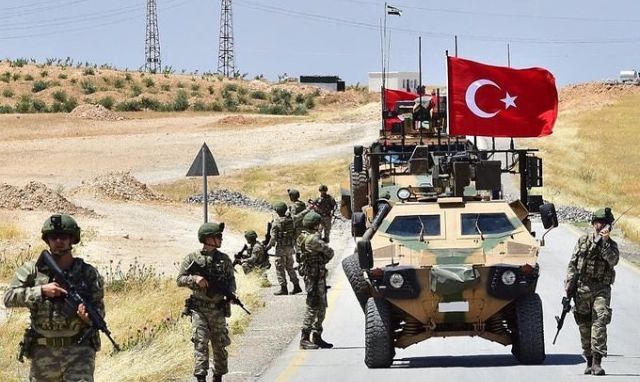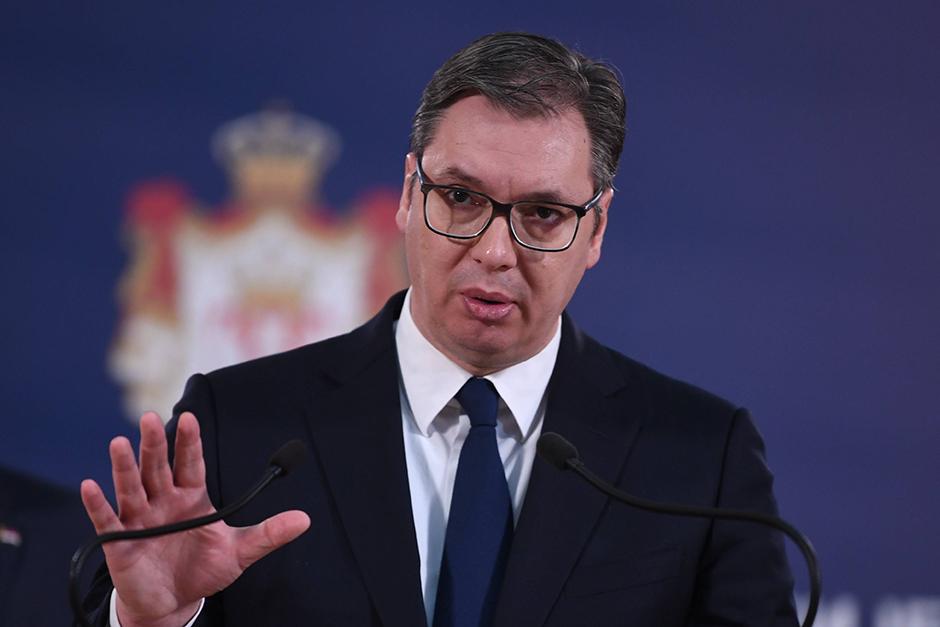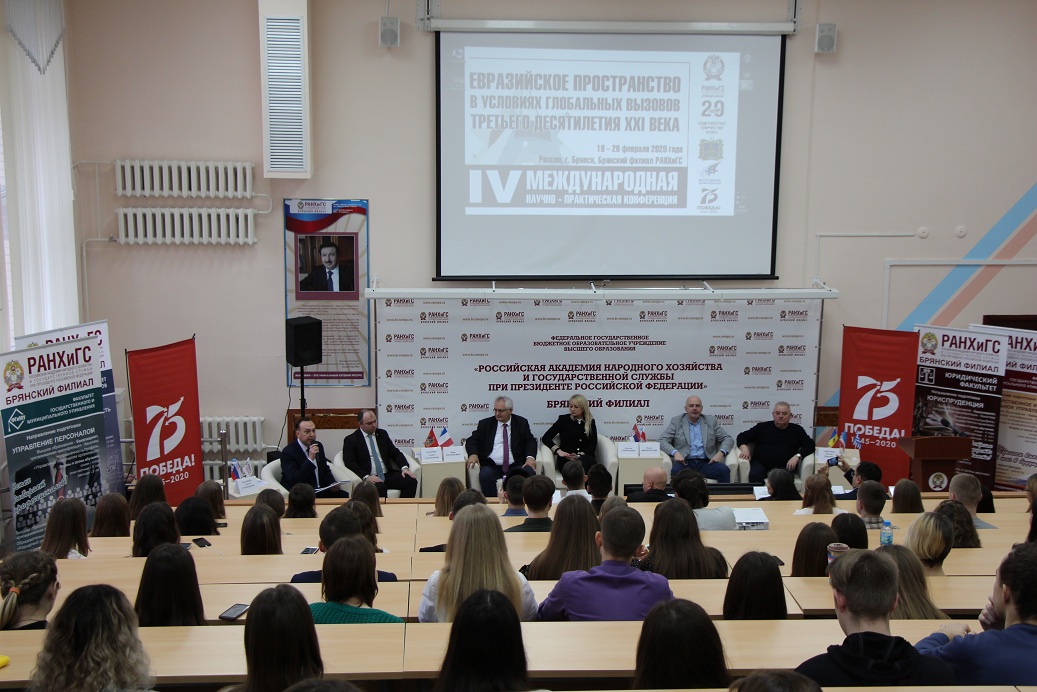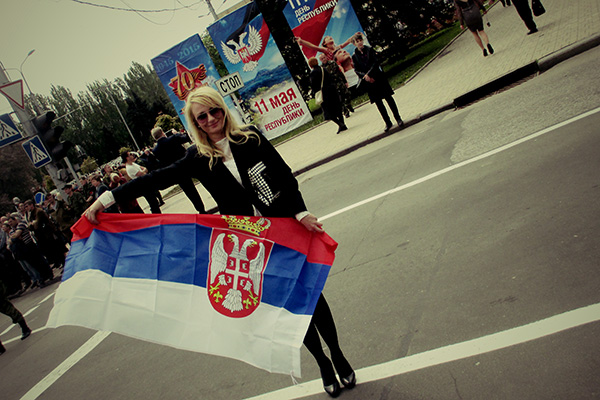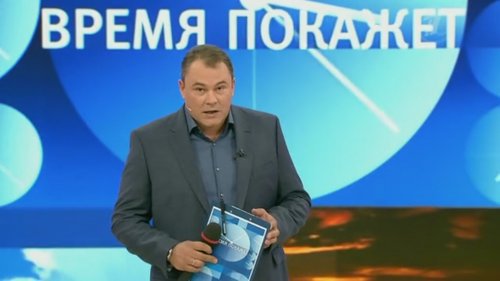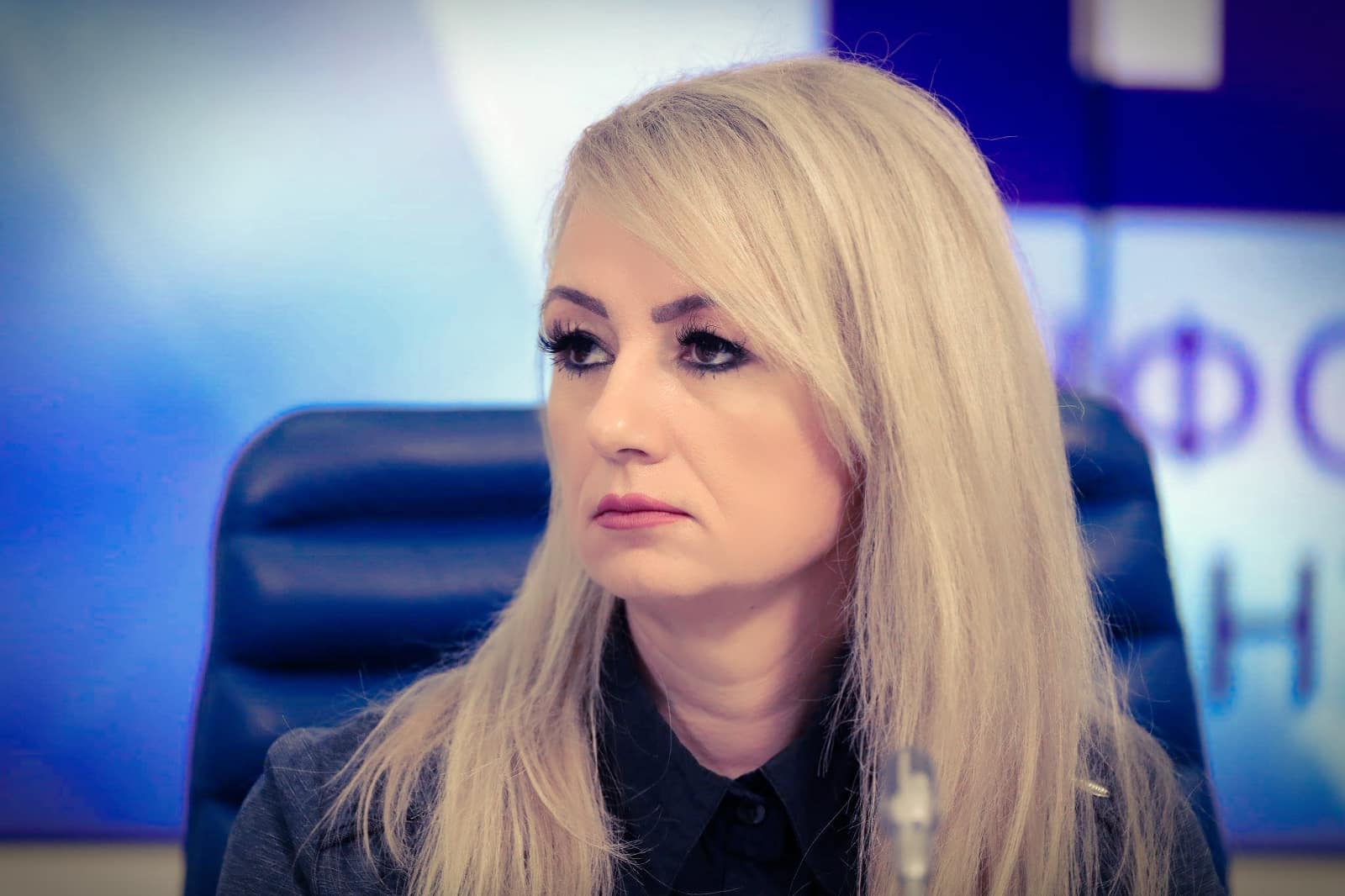Serbia: what is essential is Kosovo, not the union with Republika Srpska
By Dragana Trifkovic
With the recent statement by Milorad Dodik that Republika Srpska has embarked on a path out of Bosnia and Herzegovina with no return, this issue has once again received media attention. He began his speech to the Republika Srpska Assembly on February 17 with the words „Goodbye Bosnia and Herzegovina, welcome RS exit“.

